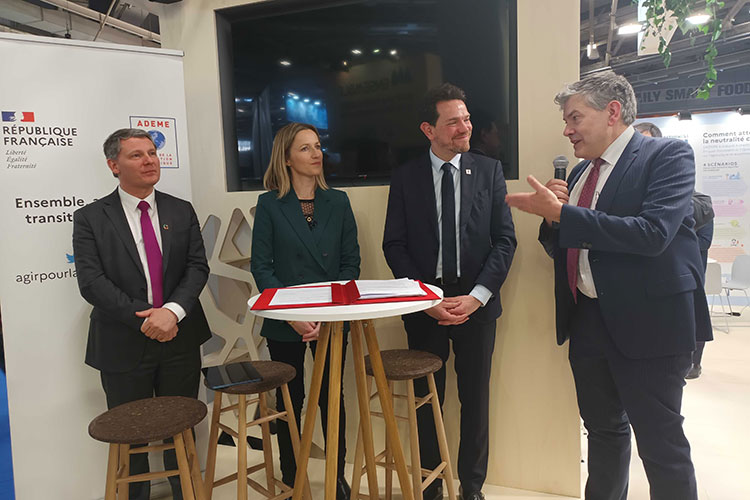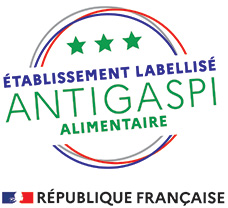Food: a standard and a label to eliminate waste

The Salon de l’Agriculture 2023 showcased the benefits of voluntary standardization for retailers keen to reduce waste: a reference framework listing the criteria that need to be taken into account throughout the supply chain to avoid wasting food products, from upstream agriculture to the end consumer. It was on the basis of this reference system that the anti-food waste label was developed, and presented at the show on March1 by the French Secretary of State for Ecology. A label born of the February 10, 2020 law on the fight against waste and the circular economy (known as the AGEC law), which calls for wasted tonnages to be halved from 2025 or 2030 (depending on the player) compared with 2015. In France, food waste is at an all-time high: 9 million tonnes per year from producer to consumer, or 30 kg per person per year.
AFNOR Certification is one of the certification bodies authorized to deliver the label on audit to the first players concerned: distribution chains, wholesalers and food retailers. You can apply here.
 At the request of the French Ministry of Ecological Transition and Territorial Cohesion, the label’s core reference framework was developed in a restricted standardization format, under the aegis of AFNOR. Published in the AFNOR Spec collection and available for consultation here, it earned the project leader a Normes Or trophy, which was presented on the eve of World Standards Day, October 14, 2022. ” The document lists, objectifies and shares all the criteria that need to be borne in mind to demonstrate that a food producer or distributor deserves to be awarded the anti-waste label,” said Catherine Conil, who was in charge of the project at the French Ministry’s Sustainable Development Department.
At the request of the French Ministry of Ecological Transition and Territorial Cohesion, the label’s core reference framework was developed in a restricted standardization format, under the aegis of AFNOR. Published in the AFNOR Spec collection and available for consultation here, it earned the project leader a Normes Or trophy, which was presented on the eve of World Standards Day, October 14, 2022. ” The document lists, objectifies and shares all the criteria that need to be borne in mind to demonstrate that a food producer or distributor deserves to be awarded the anti-waste label,” said Catherine Conil, who was in charge of the project at the French Ministry’s Sustainable Development Department.
The project brought together some forty players, including the French Ministry of Ecological Transition and Territorial Cohesion, the Ministry of Agriculture and Food Sovereignty, the French Environment and Energy Management Agency (Ademe), large and medium-sized retailers, as well as wholesalers, small convenience stores, certification bodies, food aid and donation agencies.
” They worked hand in hand for several months to come up with a consensus-based operational reference framework, adapted to the specific needs of each distributor, large or small “, appreciates Olivier Peyrat, General Manager of AFNOR. The work will now be extended to the catering and commercial sectors, so that the label can eventually reward establishments that make a commitment.